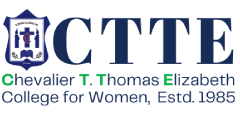- Home
- About CTTE
- Infrastructure
- Campus Life
- Academics
- Undergraduate Programs
- Arts & Humanities
- Commerce & Economics
- Computational Sciences
- Sciences
- Postgraduate Programs
- Other Departments
- Co-Scholastic Capabilty Enhancement Programs
- Undergraduate Programs
- IQAC
- Activities
